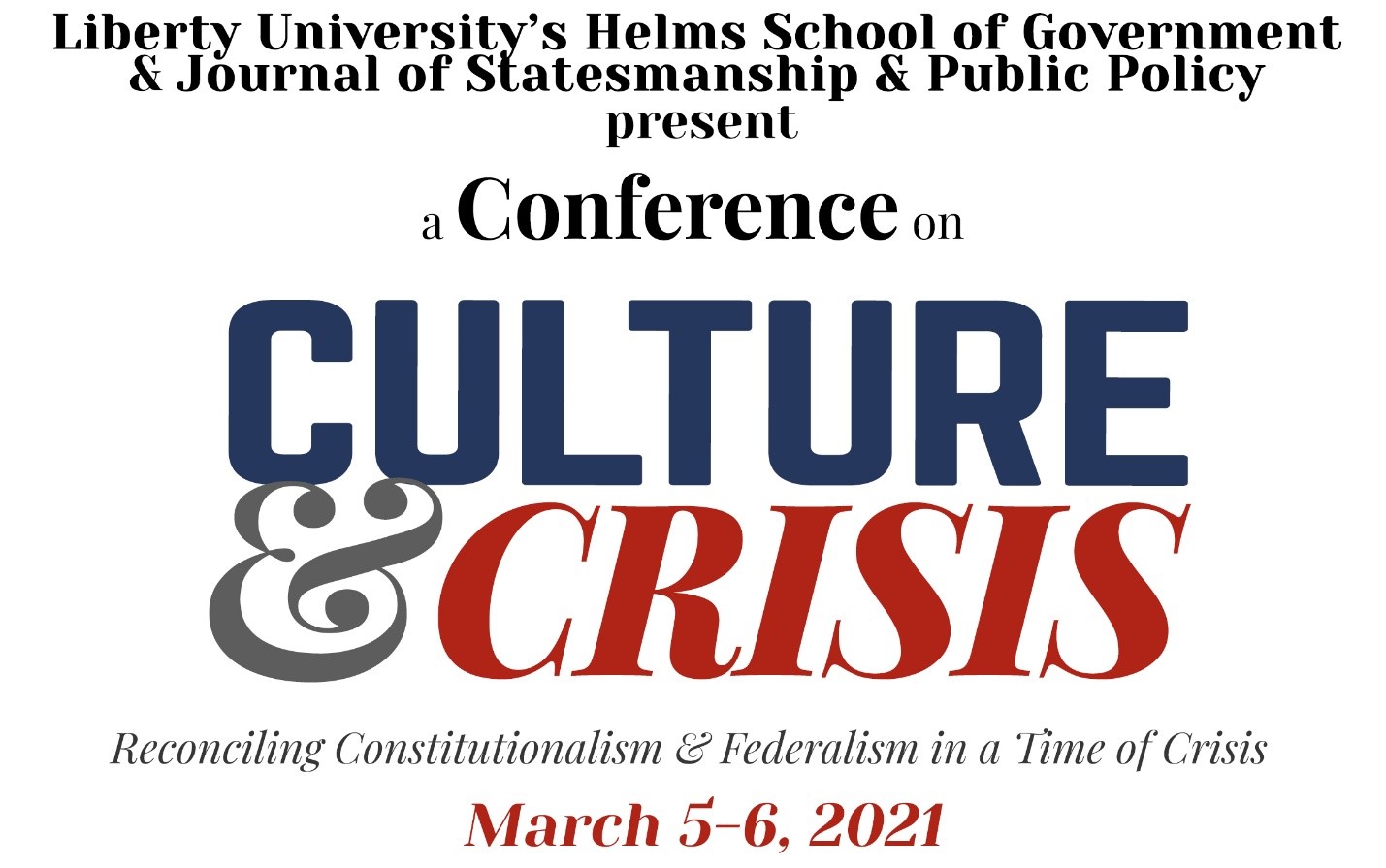Level of Education
Faculty
Keywords
political theory, public reason
Abstract
This paper concerns the political theory of public reason in its application to religious freedom issues. Public reason, or its related idea, public justification, is in my estimation, just the latest extension of the problem of religious toleration in its particular relationship to the right of religious liberty. This latest expression of the toleration debate began, by most estimates, with John Rawls’ A Theory of Justice.[1] I will argue that in its Rawlsian form, public reason contains some serious flaws, which can be corrected by the work of political philosophers such as Gerald Gaus, Kevin Vallier and Michael Perry, among others, to include the voices of religious people and groups.
Included in
Constitutional Law Commons, Jurisprudence Commons, Other Social and Behavioral Sciences Commons, Political Science Commons, Religion Law Commons
Public Reason, Rawlsian Restraint, and the Judiciary: The Influence of Political Philosophy on Legal Scholars and Judges in Relation to Religious Liberty
This paper concerns the political theory of public reason in its application to religious freedom issues. Public reason, or its related idea, public justification, is in my estimation, just the latest extension of the problem of religious toleration in its particular relationship to the right of religious liberty. This latest expression of the toleration debate began, by most estimates, with John Rawls’ A Theory of Justice.[1] I will argue that in its Rawlsian form, public reason contains some serious flaws, which can be corrected by the work of political philosophers such as Gerald Gaus, Kevin Vallier and Michael Perry, among others, to include the voices of religious people and groups.



